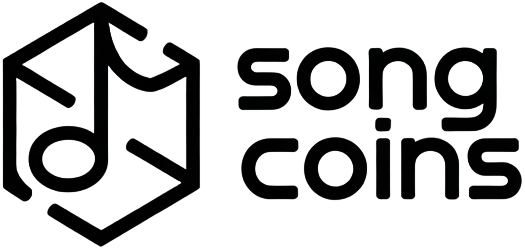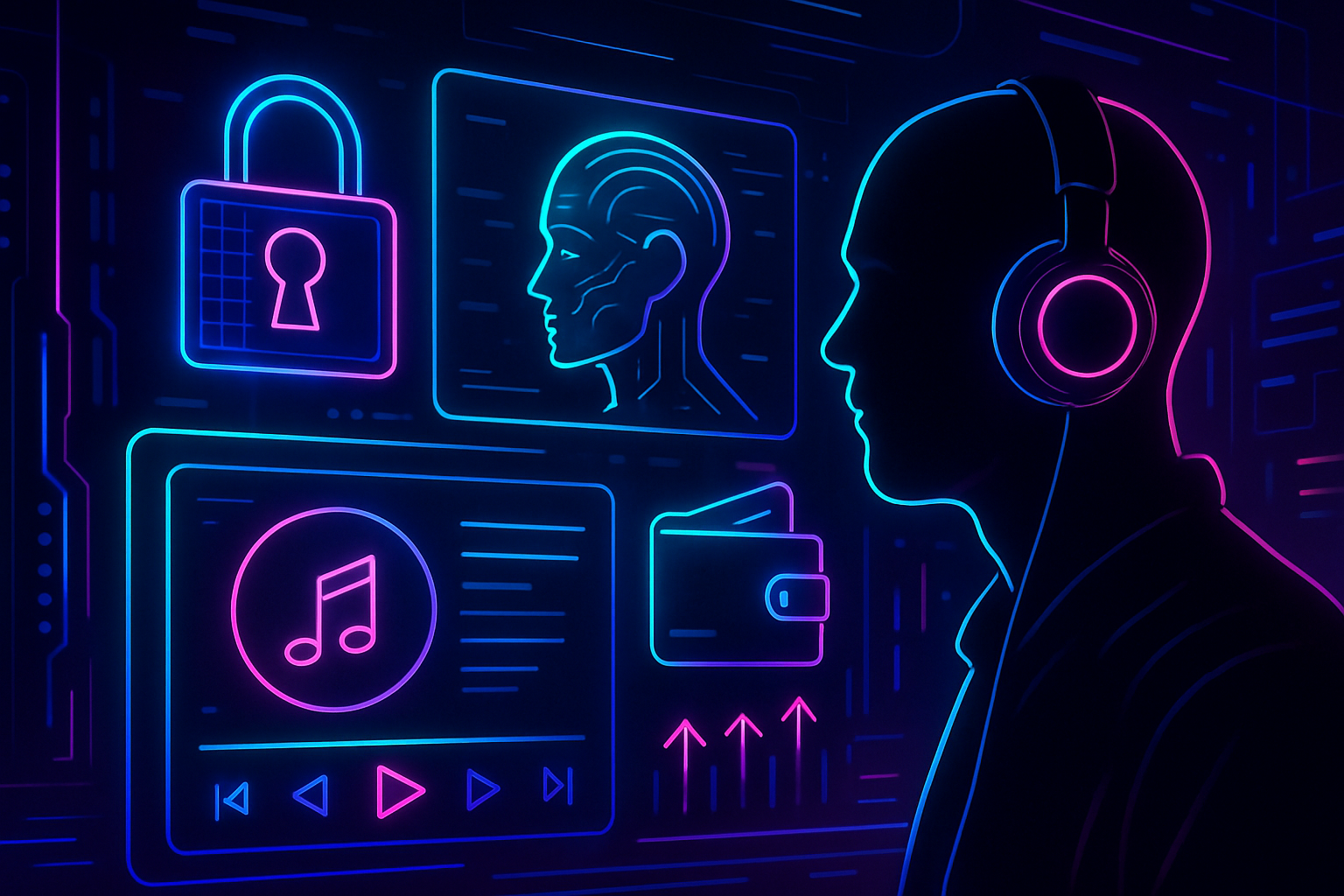
In the rapidly evolving world of Web3 music platforms, data privacy and user empowerment are no longer distant ideals but present-day realities. Blockchain technology, paired with advanced cryptographic techniques like zero-knowledge proofs (ZKPs), is fundamentally shifting how listeners interact with music, monetize their data, and maintain control over personal information. As decentralized streaming services like Audius gain traction – with AUDIO currently trading at $0.0617 – the industry is witnessing a transformation in both the economics and ethics of digital music consumption.
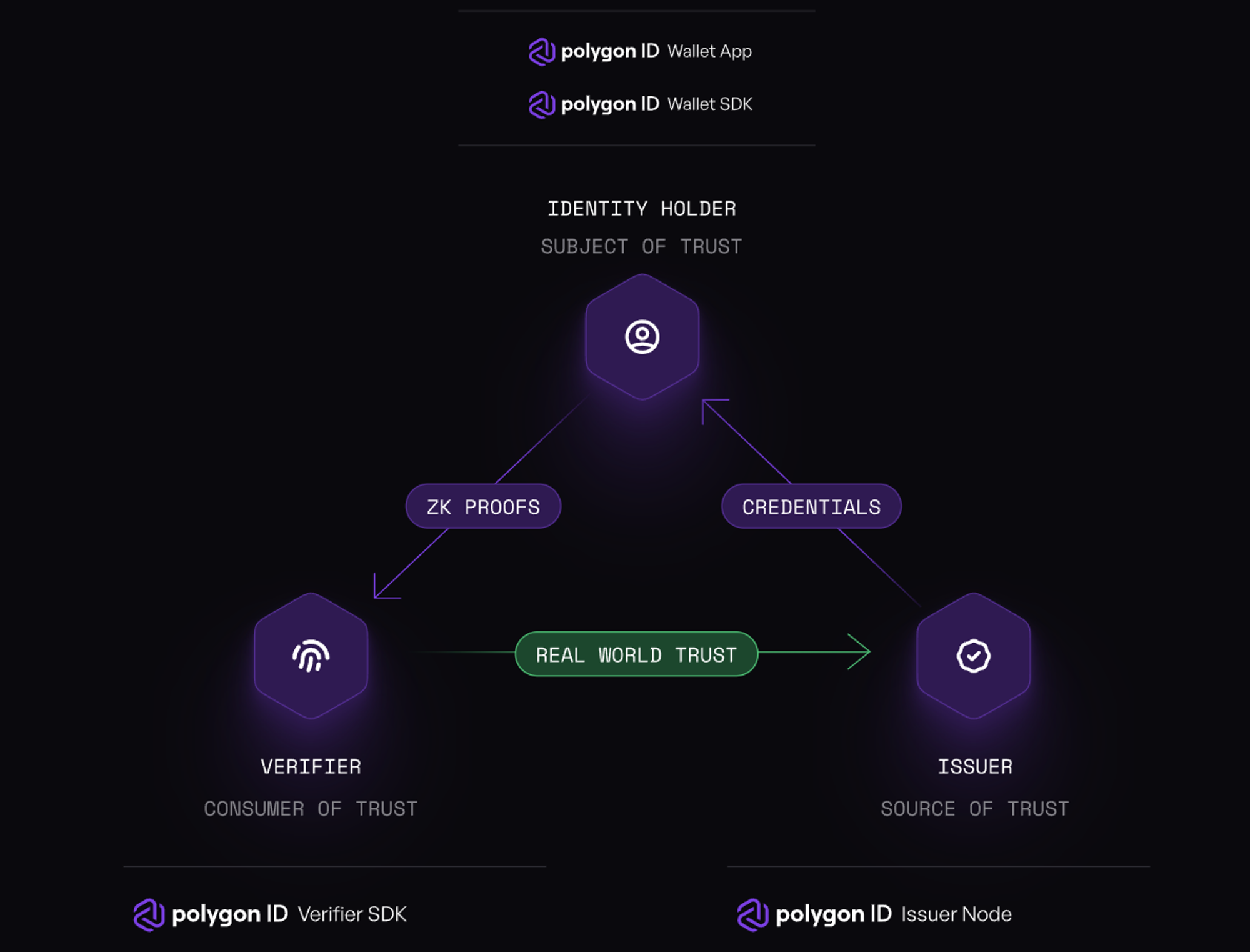
Zero-Knowledge Proofs: The Engine of Music Data Privacy on Blockchain
At its core, a zero-knowledge proof allows one party to prove to another that a statement is true without revealing any additional information beyond the validity of that statement. For Web3 music platforms, this means listeners can verify their engagement (such as having streamed a certain number of tracks) without exposing which songs they played or when they listened. This level of privacy was previously unattainable in traditional Web2 environments, where centralized entities often harvested granular user data for advertising or recommendation engines.
The research community has underscored ZKPs’ transformative potential for digital identity and privacy. As noted by musicxtechxfuture.com, building an industry atop zero-knowledge protocols could create “the most direct artist-to-fan and fan-to-artist service imaginable. ” The result? Listeners can finally participate in loyalty programs, access exclusive content, or even earn rewards for their activity without compromising sensitive listening habits.
Earning Rewards While Safeguarding Your Listening Habits
The intersection of blockchain music data security and earning opportunities is best illustrated by emerging projects like VIBIN. As highlighted by Rorschach (@0x_Rorschach), VIBIN leverages trusted execution environments (TEEs) and ZKPs to convert your Spotify listening data into encrypted on-chain value. Users are rewarded for their participation while maintaining complete privacy – a stark contrast to legacy streaming models where users’ behavioral data was monetized by third parties with little transparency or compensation.
This new paradigm empowers listeners to:
Key Benefits of Private, Rewarded Listening on Web3 Music Platforms
-
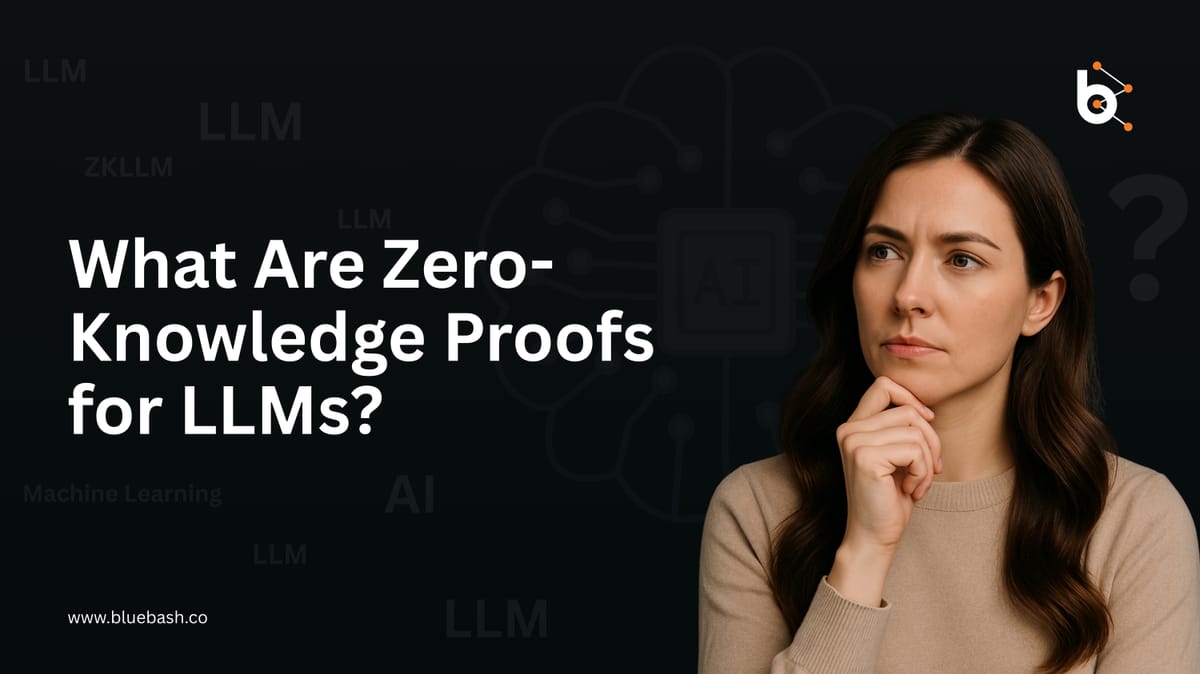
Enhanced Data Privacy with Zero-Knowledge Proofs: Platforms like Audius and VIBIN use zero-knowledge proofs (ZKPs) to let users verify their listening activity and earn rewards without exposing personal listening habits. This cryptographic approach ensures that your music preferences remain confidential, even while you participate in platform incentives.
-
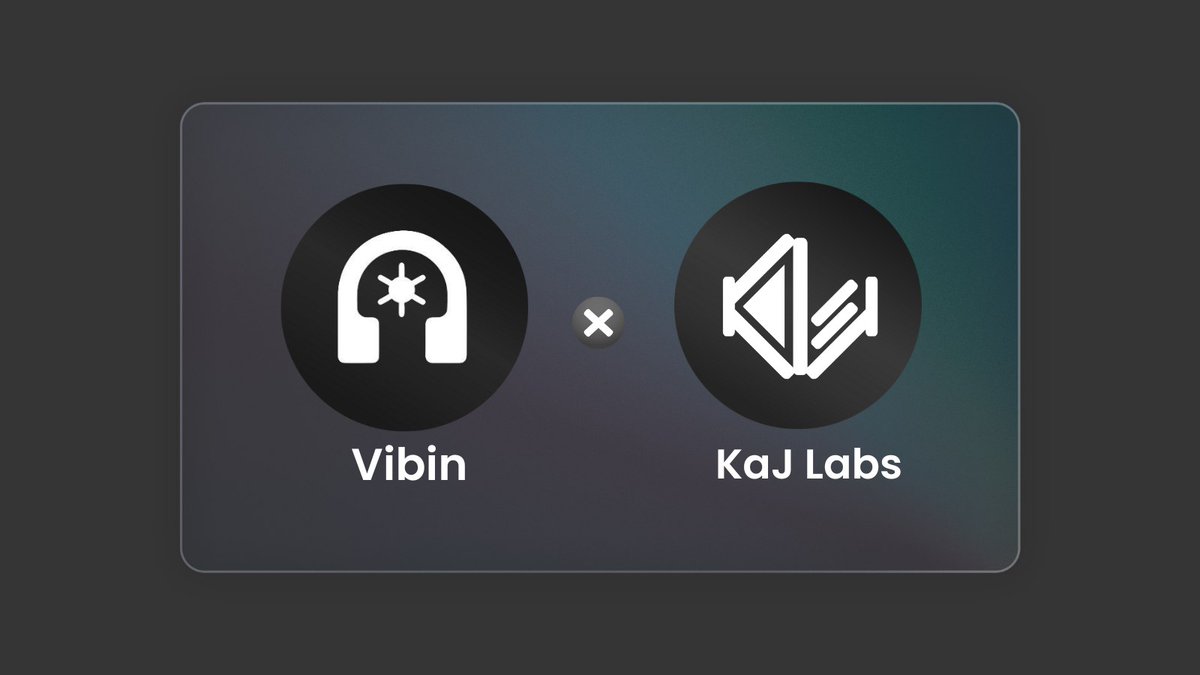
Monetization of Listening Habits: With decentralized infrastructures such as VIBIN, users can earn rewards for their music data by transforming Spotify listening activity into encrypted, on-chain value. This empowers listeners to benefit financially from their engagement, a feature not available on traditional streaming services.
-

Direct Artist-to-Fan Engagement: Web3 platforms like Audius eliminate intermediaries, enabling direct interactions between artists and listeners. This not only increases transparency but also allows fans to support artists more effectively, often through token-based rewards and tipping mechanisms.
-

Secure, Private Transactions: By leveraging blockchain and ZKPs, users can purchase music, tip artists, or participate in governance without revealing sensitive financial or identity information. This fosters trust and security across the platform ecosystem.
-
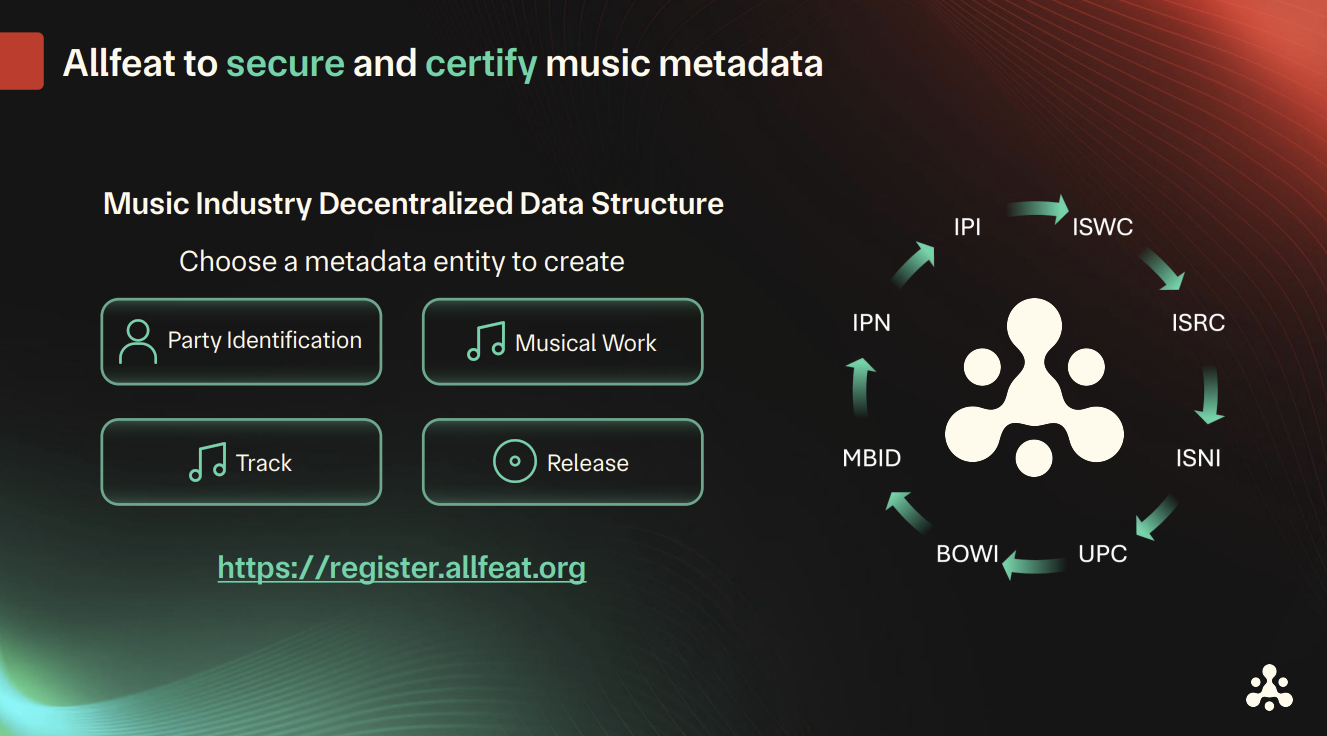
Control Over Personal Data: Web3 music platforms give users sovereignty over their data, allowing them to decide what information is shared and how it is used. This is a significant shift from traditional platforms where user data is often monetized without consent.
Platforms such as Audius exemplify how decentralization can align incentives between artists and fans. With AUDIO at $0.0617, token-based interactions allow fans to tip artists directly or unlock special experiences based on provable engagement – all without revealing personal financial or behavioral details. This approach not only fosters trust but also creates an ecosystem where both creators and consumers share in the platform’s growth.
The Technical Backbone: Trusted Execution Environments and On-Chain Value Creation
The technical infrastructure underpinning these privacy-preserving systems deserves careful attention. Trusted execution environments provide secure enclaves within which user data can be processed safely before being transformed into encrypted proofs for blockchain verification. Combined with ZKPs, this ensures that even as users earn rewards or participate in governance decisions, their sensitive information remains shielded from prying eyes.
Recent research published in venues like ScienceDirect and Taylor and Francis Online emphasizes how zero-knowledge intelligent recommendation systems can protect user privacy while still delivering personalized experiences (source). This dual focus on security and utility sets Web3 platforms apart from their predecessors.
For those seeking to monetize their listening habits, the evolution of rewarded listening privacy is particularly compelling. Instead of surrendering data for free to platform operators, users can now opt into data sharing on their terms, with cryptographic guarantees that protect their identity and preferences. The result is a shift in power: listeners become active stakeholders in the music ecosystem, capable of earning real value while retaining control.
Real-World Use Cases and the Road Ahead
The practical applications of these advances are already visible. For instance, listeners on VIBIN or Audius can prove they meet criteria for reward programs, such as streaming a threshold number of tracks, without revealing which specific artists or genres they prefer. This granular privacy is made possible by ZKPs and TEEs working in tandem, ensuring that only the minimum necessary information is ever disclosed.
Moreover, platforms are beginning to experiment with community governance models where fans can vote on platform upgrades or artist support initiatives using blockchain-based tokens. Here again, zero-knowledge technology enables participation without exposing voting choices or wallet balances, an essential feature for fair and transparent decentralized governance (source).
This movement is not limited to streaming alone. As highlighted in research from the National Institutes of Health and ScienceDirect, ZKPs are being explored as a solution for broader copyright management and digital rights verification in music technology. By enabling artists to prove ownership or usage rights without publicly exposing all contractual details, blockchain-based systems can streamline royalty payments and reduce disputes (source).
Why Market Participants Should Pay Attention
With AUDIO priced at $0.0617, investors and NFT collectors are watching closely as Web3 music platforms mature. The ability to own fractionalized royalties or participate in artist-driven economies hinges not just on innovative business models but also on robust privacy assurances. As users grow more discerning about how their data is used, and compensated, the platforms that prioritize music data privacy blockchain solutions will likely capture greater loyalty and growth.
The confluence of blockchain technology, zero-knowledge proofs, and user-centric business models signals a lasting change for digital music. No longer must listeners choose between privacy and participation; with cryptographic tools like ZKPs, they can have both.
As we look ahead, expect further integration of AI-powered recommendations secured by zero-knowledge protocols, expanded use cases for blockchain music data security, and growing opportunities for users to earn from their engagement, all without compromising their autonomy or personal information.
